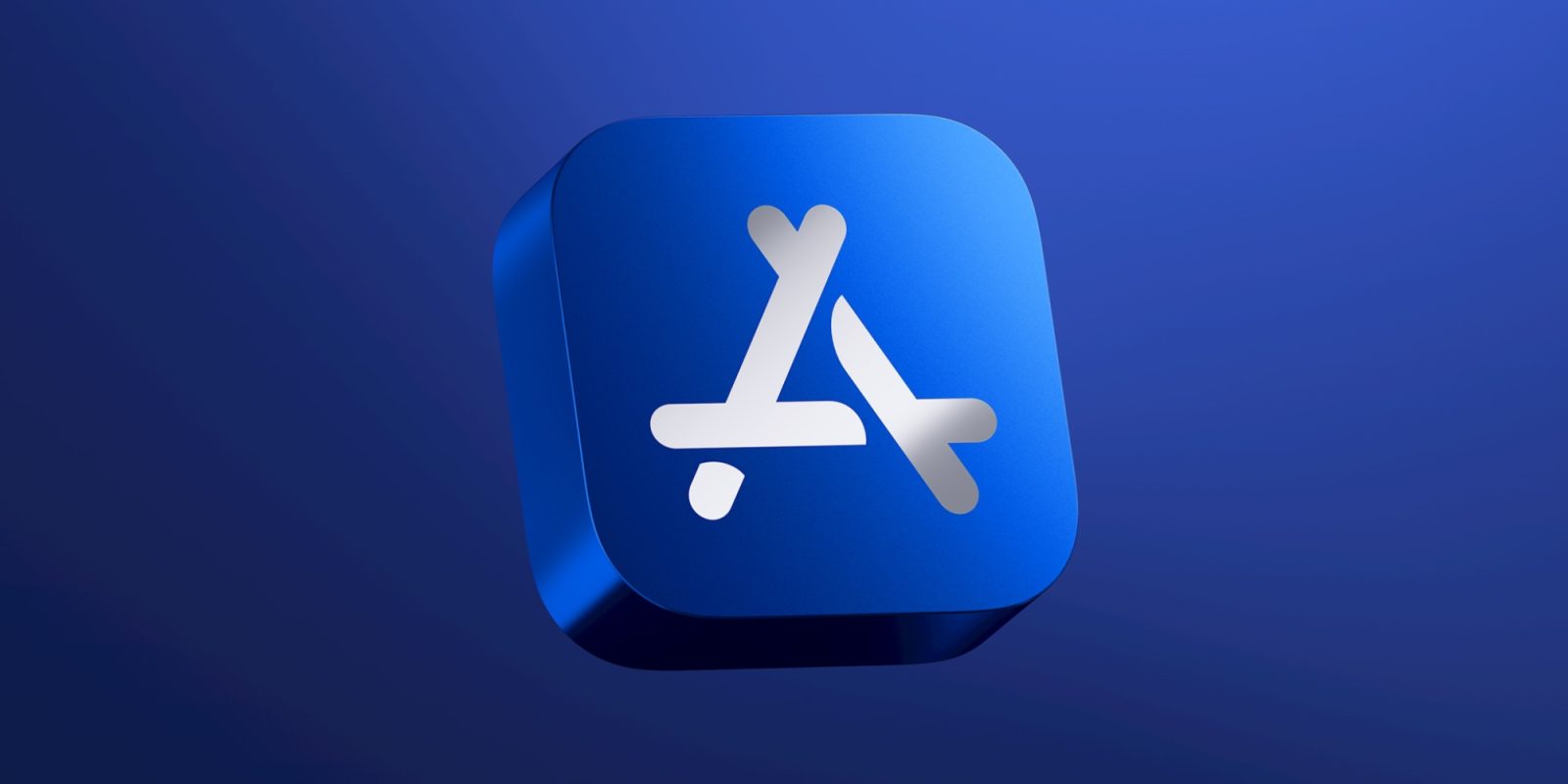
Last week, Apple announced changes to its compliance strategy with the Digital Markets Act in the European Union. These changes apply to apps that link to a web page and include a new fee structure centered around the Initial Acquisition Fee and the Store Services Fee.
As it turns out, Apple’s changes to its guidelines around linking out in the EU are quite similar to Google’s Play Store policies in the EU – but with a few key differences. Here’s how the two arrangements stack up.
Apple’s Initial Acquisition Fee vs Google’s Initial Acquisition Fee
For apps that link out to external websites in the European Union, both Apple and Google have something called the Initial Acquisition Fee.
- Google’s Initial Acquisition Fee: 10% for in-app purchases, drops to 5% for subscriptions after two years.
- Apple’s Initial Acquisition Fee: A flat 5% fee.
In addition to the differences between the fees themselves, Apple and Google also differ on the attribution window for when the Initial Acquisition Fee is applicable for an application:
- Apple’s Initial Acquisition Fee: This fee applies for the first 12 months following an initial download of the app with the link-out entitlement.
- Google’s Initial Acquisition Fee: This fee applies for the first 24 months following an initial download of the app
Apple’s Store Services Fee vs Google’s Ongoing Services Fee
Both Apple and Google also charge a separate fee, which Apple calls the Store Services Fee and Google calls the Ongoing Services Fee.
- Google’s Ongoing Services Fee: 17% for in-app purchases or 7% for auto-renewing subscriptions.
- Apple’s Store Services Fee (operating under the EU alternative business terms): 10%
- Reduced to 5% for members of the App Store Small Business Program.
- Reduced 5% for renewal of a subscription after one year.
- The Core Technology Fee also still applies. Apple says 99% of developers will not pay the CTF.
- Apple’s Store Services Fee (inside the App Store under the standard business terms): 20%
- Reduced to 7% for members of the App Store Small Business Program.
- Reduced to 7% for renewal of a subscription after one year.
- No Core Technology Fee
Google and Apple also both have differing policies about how their respective Ongoing Services Fee and Store Services Fee work beyond the first year.
- Google’s Ongoing Services Fee: After two years, a developer can choose to discontinue ongoing services for their app. However, the user must consent to this discontinuation of services.
- Apple’s Store Services Fee: This fee applies within a fixed 12-month period from the date of any app install, update, or reinstall.
For Apple, this means that if a user deletes an app, moves to an alternative app marketplace, or ceases to receive updates, developers will no longer be charged the Store Services Fee. Meanwhile, Google will charge its Ongoing Services Fee for two years before developers can choose to discontinue services. But again, the developer must get user consent before this takes effect.
9to5Mac’s Take
It’ll be interesting to see how the European Commission responds to Apple’s latest changes in the EU, given that Google and Apple’s terms are more similar than ever before. Given the similarities between Google and Apple’s policies around external links, I also question the motives of those who have come out against Apple’s guidelines but not Google’s.
With all of those numbers in mind, the highest fees a Google Play Store developer would pay for linking out would be 27%. In comparison, the highest an App Store developer would pay Apple would be 25%.
The Core Technology Fee applies to App Store developers who have opted into the new business terms in the European Union—a move that is not required to take advantage of the new guidelines around external links. The Core Technology fee is €0.50 per annual install for apps that are popular enough to shift more than one million units per year. Apple says 99% of App Store developers will not pay this fee.
That also highlights one thing that it certainly seems like Apple is trying to prioritize more than Google: the impact on small business developers. Apple includes a number of carveouts for developers in the App Store Small Business Program, helping reduce the fees for the majority of developers. Google’s external offer guidelines don’t include those carveouts.
But there’s no denying that the DMA and the responses from Google, Apple, and the European Commission have led to a confusing matrix of options for developers in the European Union. Apple (unlike Google) offers a helpful fee calculator on its website for developers trying to adapt to the ever-changing EU guidelines.
I can’t help but imagine a world where this wasn’t such a cat-and-mouse game between all three parties. I also can’t help but question the motives of all three parties involved.
FTC: We use income earning auto affiliate links. More.




